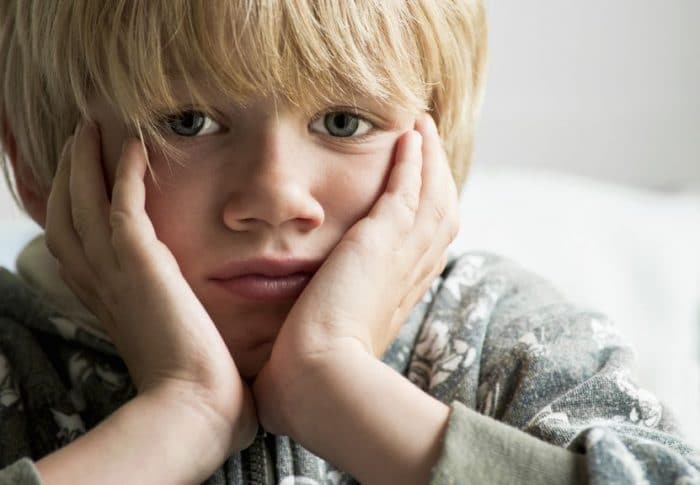Childhood embarrassment can be a problem, children usually want to please the people who care for them and who are of reference. They make mistakes, we all do it, it is something normal in life… but within their being they want and have the desire and desire to do the right thing. Children will naturally become empathetic, kind and caring adults. respectful, but this will require treating them with the same kindness and respect that we expect of them. But when a child feels shame that’s when that connection with parents can be broken.
The worst thing about this is that our influence will also vanish as if it had never been there, something that can undoubtedly be really frustrating for parents. But, in these circumstances, how could you help your children to feel good and not break the special bond that unites you?
Focus on the behavior, not the person
All children will do things that can leave us confused, angry or frustrated. Instead of making a comment about children who have done something wrong -such as: ‘you are so mean’-, it is necessary to talk about what they have done -such as: ‘I am very upset because you pushed your brother. I understand that you are angry, but what would have been better to do?’-. Discipline means teaching, and the best way to teach is to do it with patience, love and guidance.
Expand your emotional knowledge
People must be able to having our own feelings towards ourselves and towards others, this will mean that we have a strong emotional intelligence. Shame will overwhelm the opportunity to expand emotional vocabulary because it directly eliminates dialogue. Dialogue and communication is essential for understanding people, even when things are not going well.
When limits are set, good communication is necessary. When setting limits, make a strong statement about the impact of children’s behavior, for example: ‘I’m upset because you lied to me and now I’m confused about what I thought’ or perhaps: ‘I feel angry when I see you push your sister like that, I know you’re better than that’. This will mean that you don’t have to speak badly about your children -such as: ‘you’re a liar’ or ‘you’re mean’, something that it could negatively affect its development.

There is nothing wrong with children
There is nothing wrong in children, nor is there anything wrong with them feeling angry, upset or frustrated in response to a behavior, as long as you talk to them about their behavior and not about them. This is how the world works and you would be doing him no favors if you let him start responding to things that happen in the world with indifference.
It is important that they learn not to get too carried away by emotions like anger or sadness because they can be terrifying for children, but so that it does not become too frightening an emotion, they need to know what these emotions are and why they can be caused. Know emotions and naming them is the first step of emotional intelligence. Thus, it is a priority that there is positive communication between parents and children and that the emotional connection is positive.
Be the person you want your children to be
And also treat them as you want them to be treat others. Children observe everything we do and also what you do without realizing it. There is no greater influence on children than behaving how you want them to be. Respond to the world the way you want them to respond to the world. This way your children will be able to see the coherence between what you say and what you do.
